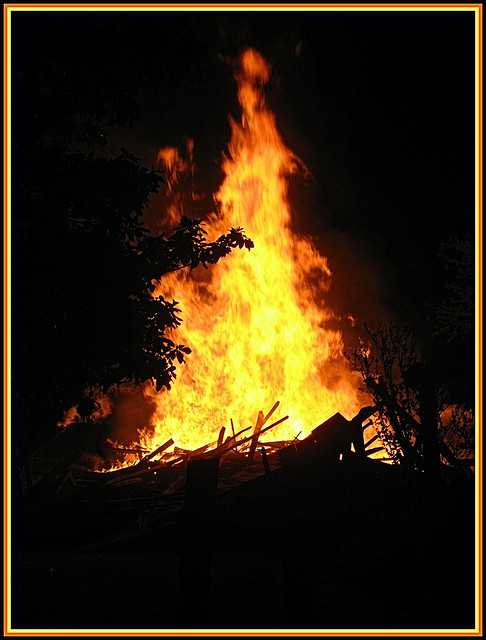FWP:
SETS == MUSHAIRAH
'UNION' verses: {5,2}; {15,9}; {20,1};
{68,3}; {85,1};
{88,5x}; {97,7}; {116,9};
{125,2}; {129,4x}; {132,7}; {142,3x}, dubious; {143,8x}*; {145,14x}; {148,10}; {169,2}; {172,2};
{187,5x}; {188,1}; {206,5x}; {208,11} // {257x,5}; {261x,3}; {281x,3}; {299x,5}; {307x,3}; {349x,7}; {356x,1}; {370x,7}; {386x,4}; {387x,2}; {404x,1}
This verse belongs to a group that I am going to call 'mushairah' verses, for their ideal suitability to the kind of oral performance style characteristic of mushairahs. The first line is shocking: how can such an inconceivable state of affairs exist in the heart of any lover with even the smallest self-respect? We wait impatiently for an explanation. Of course, we are made to wait as long as conveniently possible, during many obligatory expressions of admiration and appreciation, and maybe a repetition, before we're allowed to hear the second line. For more on 'mushairah' verses, see {14,9}.
Then even when we hear the second line, until we reach the final 'punch'-word (since ghazal verses are too short to have punch-lines), thaa , which is also the rhyme-word and thus the last available element of the line, we still can't really be sure what's going on. Then all at once we get it: everything that was there, burned up. While it's a tribute to the depth of the lover's passion that the longing for union and the memory of the beloved should be buried irremovably deep in his heart, it's equally a tribute to the fieriness of his passion that his heart should be so fiercely flame-destroyed that even those deepest things would be reduced to ashes.
In short, it's a case of 'the irresistible force meets the
immovable object'. The longing for union, and the memory of the beloved, are
the deepest things in the heart-- how can they possibly burn away? Yet the
fire of passion is so unassuageably ferocious-- how can it not destroy absolutely
everything in its path? And how witty of the poet to have pitted them
against each other so cleverly! A mushairah-verse like this gives up all its
pleasure at once, in a single burst, and then the listener is ready to move
on to the next verse.

Nazm:
That is, the fire of jealousy/envy was such that it caused the heart to forget the beloved, and having seen her meeting with the Other, the taste for union waned. By house he means heart; and by fire, envy of the Rival. (5)
== Nazm page 5